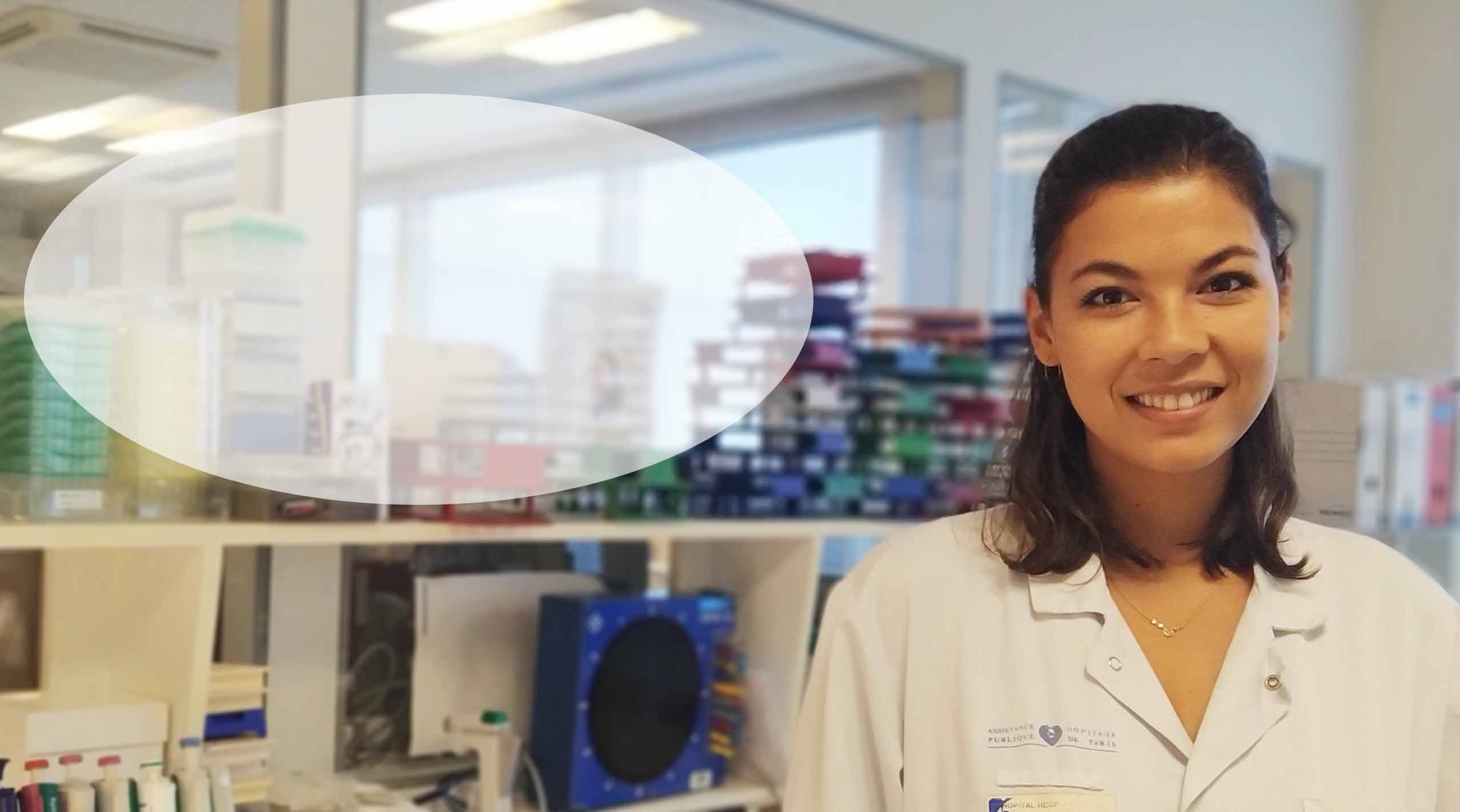Antibodies and complement undoubtedly play major roles in determining clinical outcomes following acquisition of a Neisseria meningitidis strain, but in some instances it causes catastrophic invasive infection. The role of the opsonophagocytosis and the killing of bacteria via the membrane attack complex are well established in the defense again infection but it becomes more and more evident that host factors may contribute to disease severity. N. meningitidis uses several mechanisms to evade killing by complement and is responsible for the liberation of complement activation product that can turn complement from a defense system to an aggressor that drives inflammatory diseases.
The exacerbation of complement mediated damage on host cells in N. meningitidis and its link with the disease severity is poorly documented. Until now, only complete deficiencies of complement proteins have been linked to meningococcal meningitis.
We hypothesize that rare variants in heterozygous state or association of several hypo functional variants (and not only completely absent terminal complement proteins) may result in fulminant infection.
The aim of this project is to identify complement biomarkers and genetic predisposition for severe meningococcocal disease. Using blood samples from patient suffering of N. meningitidis infection (cohort and biocollection under construction), we will perform a genetic screening for rare variants in a set of complement genes of patients with recurrent or severe meningococcal infections. An extensive complement analysis with determination of the levels of complement proteins and activated fragments will also be conducted.
Afterwards, the functional consequences of the identified rare variants in the complement cascade and how they predispose to meningococcocal disease will be investigated. The goal is to show whether such variations (and not only completely absent terminal complement proteins) may result in fulminant infections.






